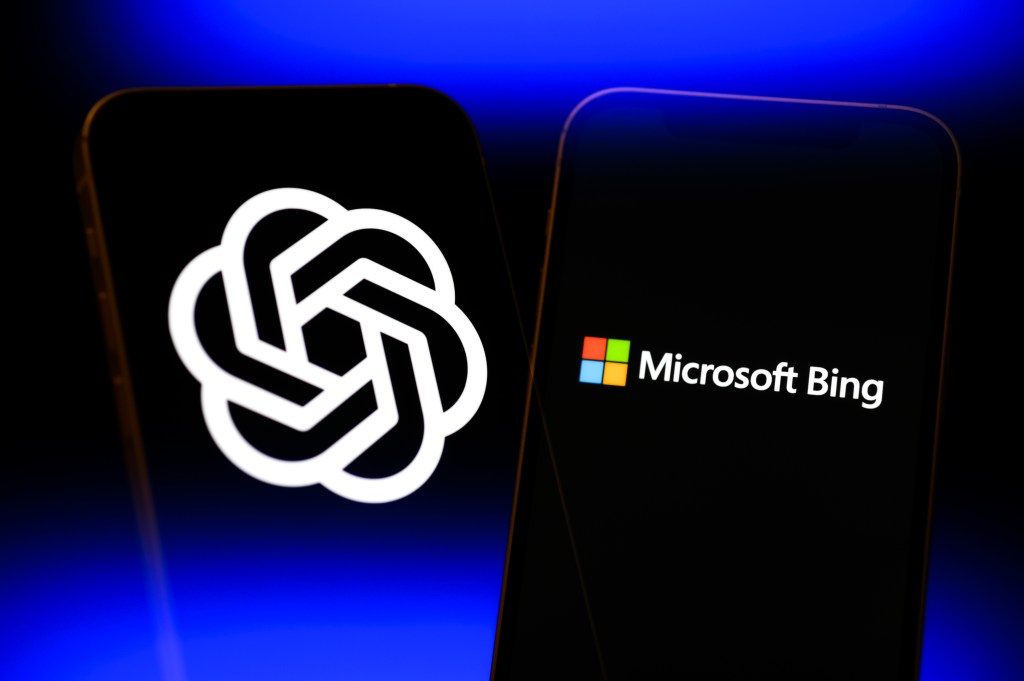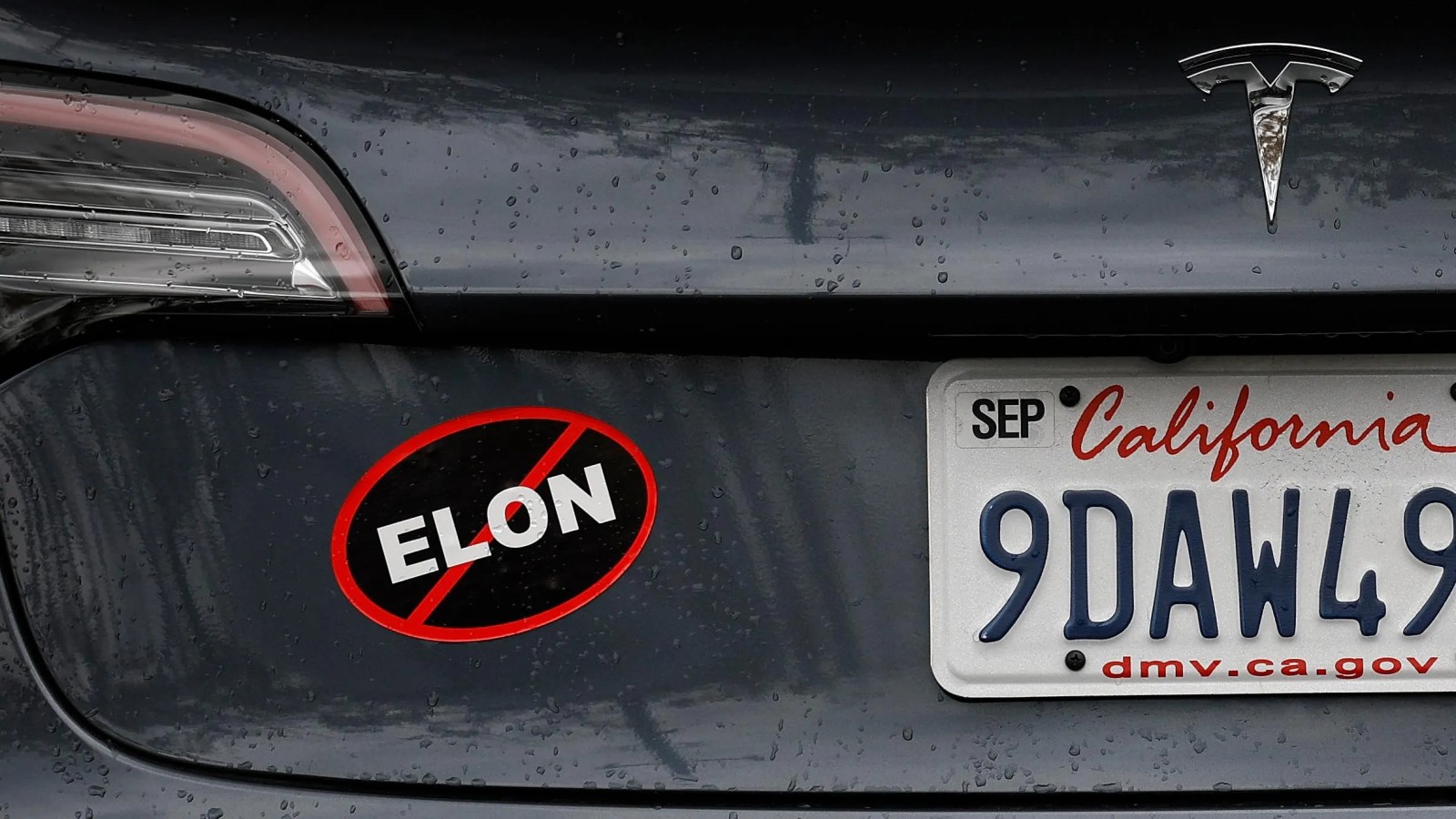Microsoft Corp., OpenAI’s largest investor, will integrate its Bing search engine into ChatGPT, the company announced Tuesday, shifting the artificial intelligence chatbot’s capabilities from only being able to retrieve data before 2021 to providing real-time information to users.

Key Takeaways
- Microsoft debuted the Bing-informed chatbot at a developer conference in Seattle on Tuesday.
- ChatGPT launched an “experimental model” in March that knew how to browse the Internet for more up-to-date information—that model, which was only available to ChatGPT Plus subscription members, used Bing, although it was not disclosed at the time.
- At first, the Bing feature will continue to only be available to subscribers of ChatGPT Plus, a premium-tier service launched in February which costs $20 per month, but will eventually come to the free version of the chatbot, which only draws data from before September 2021.
What To Watch For
Microsoft’s implementation of AI into Bing has helped yield a 16% increase in traffic to a search engine, which has historically failed to meaningfully compete with Google. At its yearly developer conference in May, Google unveiled its own plan to integrate generative AI into Google searches. Google’s new Search Generative Experience (SGE) replaces the blue links that come up when a user searches in Google with a green box of text summarizing an answer to the query, similarly to the response format offered by ChatGPT.
Key Background
Microsoft in January announced a new, $10 billion investment in OpenAI, building on investments in 2019 and 2021, to make Microsoft’s Azure the “exclusive” provider of cloud computing services to the AI startup.
The close relationship has yielded AI copilots, a feature based on OpenAI’s GPT-4 technology that helps users perform tasks in Microsoft applications like Bing and Office.
Crucial Quote
Microsoft founder Bill Gates said Monday AI threatens to completely upend technology giants like Google and Amazon: “Whoever wins the personal agent, that’s the big thing, because you will never go to a search site again, you will never go to a productivity site, you’ll never go to Amazon again,” he said.
This story was first published on forbes.com and all figures are in USD.
Forbes Australia issue no.4 is out now. Tap here to secure your copy or become a member here.
Look back on the week that was with hand-picked articles from Australia and around the world. Sign up to the Forbes Australia newsletter here.


